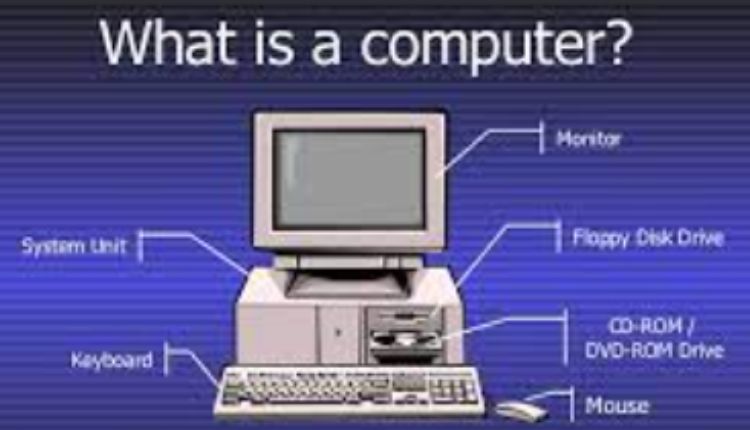Introduction
Computer technology has revolutionized the way we live, work, and interact with the world. From the early days of room-sized mainframes to the compact and powerful devices we use today, computers have become an indispensable part of our lives. In this article, we delve into the fascinating world of computer technology, exploring its evolution, components, applications, and the profound impact it has had on various industries and aspects of our daily lives. We will also touch upon emerging trends and future possibilities in the realm of computer technology.
The Evolution of Computers
Computers have come a long way since their inception. From the pioneering work of early computer scientists like Alan Turing and Grace Hopper to the development of transistors, integrated circuits, and microprocessors, each milestone has pushed the boundaries of computing power and capabilities. The introduction of personal computers in the 1970s and 1980s revolutionized the accessibility and use of computers, leading to the digital revolution we witness today. Advancements in hardware, such as faster processors, increased storage capacity, and improved graphics, have enabled the development of more sophisticated software applications, enhancing user experiences and expanding the possibilities of what computers can achieve.
Components and Architecture
At the heart of every computer is its architecture and components. The central processing unit (CPU) serves as the brain, executing instructions and performing calculations. Random Access Memory (RAM) provides temporary storage for data and instructions, while the hard drive or solid-state drive (SSD) stores long-term data. Input and output devices, such as keyboards, mice, displays, and printers, allow users to interact with the computer and receive information. Additionally, graphics processing units (GPUs) are responsible for rendering images and videos, enabling high-performance graphics and multimedia experiences. The combination of these components and their interplay determines the overall performance and capabilities of a computer system.
Applications and Impact
Computers have permeated nearly every aspect of our lives and transformed countless industries. In business, computers have revolutionized data management, accounting, and communication, streamlining processes and increasing efficiency. The advent of the internet has connected the world, enabling global communication, e-commerce, and access to vast amounts of information. In education, computers have transformed the learning experience, offering interactive educational software, online courses, and virtual classrooms. Fields like healthcare, science, engineering, and entertainment heavily rely on computer technology for research, analysis, simulations, and creative production. Furthermore, the advent of artificial intelligence (AI) and machine learning has opened up new frontiers in areas such as automation, data analysis, and intelligent decision-making.
Emerging Trends and Future Possibilities
The world of computer technology continues to evolve at a rapid pace. Emerging trends include the rise of cloud computing, enabling on-demand access to computing resources and services. The Internet of Things (IoT) is connecting everyday objects to the internet, creating a network of smart devices that enhance convenience and efficiency. Virtual reality (VR) and augmented reality (AR) technologies are reshaping how we experience and interact with digital content. Quantum computing holds the promise of solving complex problems exponentially faster. As technology progresses, the possibilities for innovation and transformation in areas like robotics, cybersecurity, and human-computer interfaces are vast.
Conclusion
Computer technology has become the backbone of modern society, driving progress, connectivity, and innovation in diverse fields. From the evolution of hardware and software to the impact on industries and our daily lives, computers have reshaped the way we work, communicate, learn, and entertain ourselves. As technology continues to advance, we can expect even more transformative developments on the horizon. Computers will continue to empower us, solve complex challenges, and open
